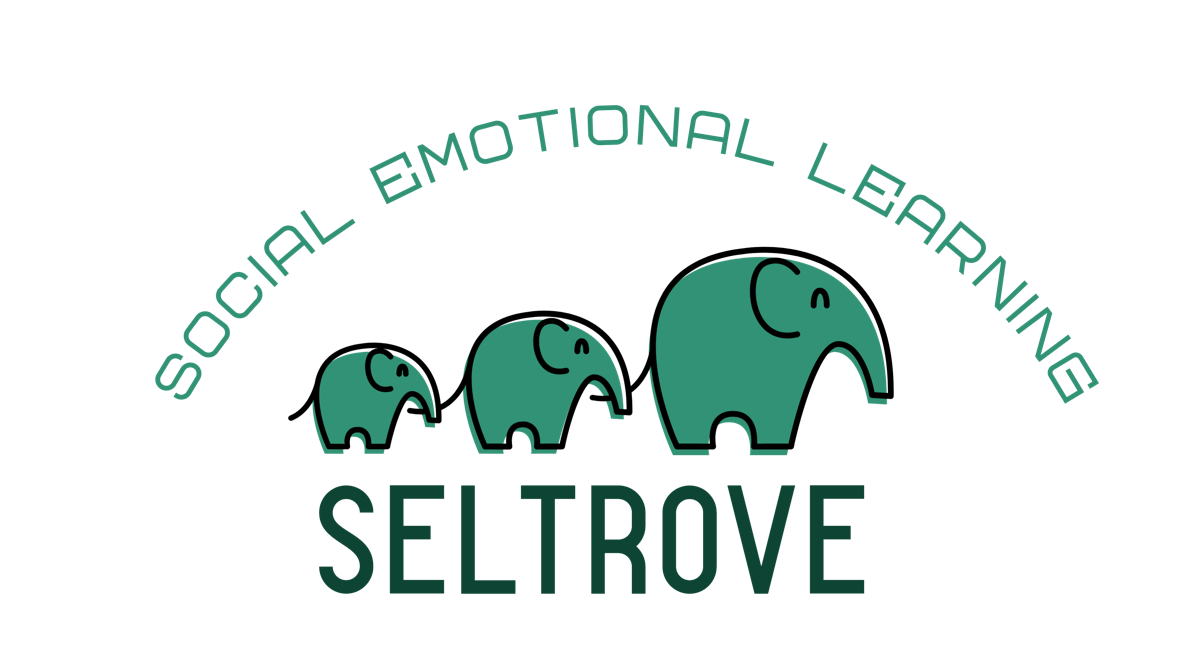Here are some tips to make tough, and sometimes controversial topics a little less awkward for you and for your students:
- Make sure you are in a good place to share. Delivery is really important so make sure you’re okay talking about the topic and practice with friends or colleagues if needed. Use open body language to show students you are ready to talk.
- Encourage self-care. Be sure that your students know that there isn’t anything you’re going to teach that is more important than how they are feeling and encourage them to step out, get a drink of water, or talk to someone if they need to.
- Give students a heads up. Let them know that you’ll be talking about some difficult stuff so they aren’t taken by surprise and so they have time to mentally prepare themselves (especially if they have any first-hand knowledge or experience).
- Make sure there are lesson agreements or guidelines for difficult discussions. Make sure the expectations are clear and that students know not to make inappropriate comments or jokes.
- Emphasize safety. Creating a classroom that is a safe container for difficult discussions and nuanced topics can help students feel comfortable getting out of their comfort zone to explore new concepts in safe and healthy ways.
- Be trauma-aware. Remember that you won’t know each student’s story and that the classroom discussion could be a trauma trigger. If students have a trauma response, don’t take it personally, and be able to provide any necessary support.
- Have accurate facts and information. Misinformation, even unintentional misinformation, can cause challenges and diminish trust so be sure to have your facts straight before sharing information with students.
- Treat students with respect and expect the same in return from them. Acknowledge that mutual respect is necessary when exploring tough topics.
- Recognize that not all students will be on the same page as far as understanding and awareness. It is okay if some students don't get what you're trying to share -- you can still plan the seeds and support them as their understanding evolves.
- Invite another professional to co-facilitate the lesson with you. If you're not comfortable with your knowledge on a particular topic, invite someone to join you who IS comfortable and knowledgeable.
